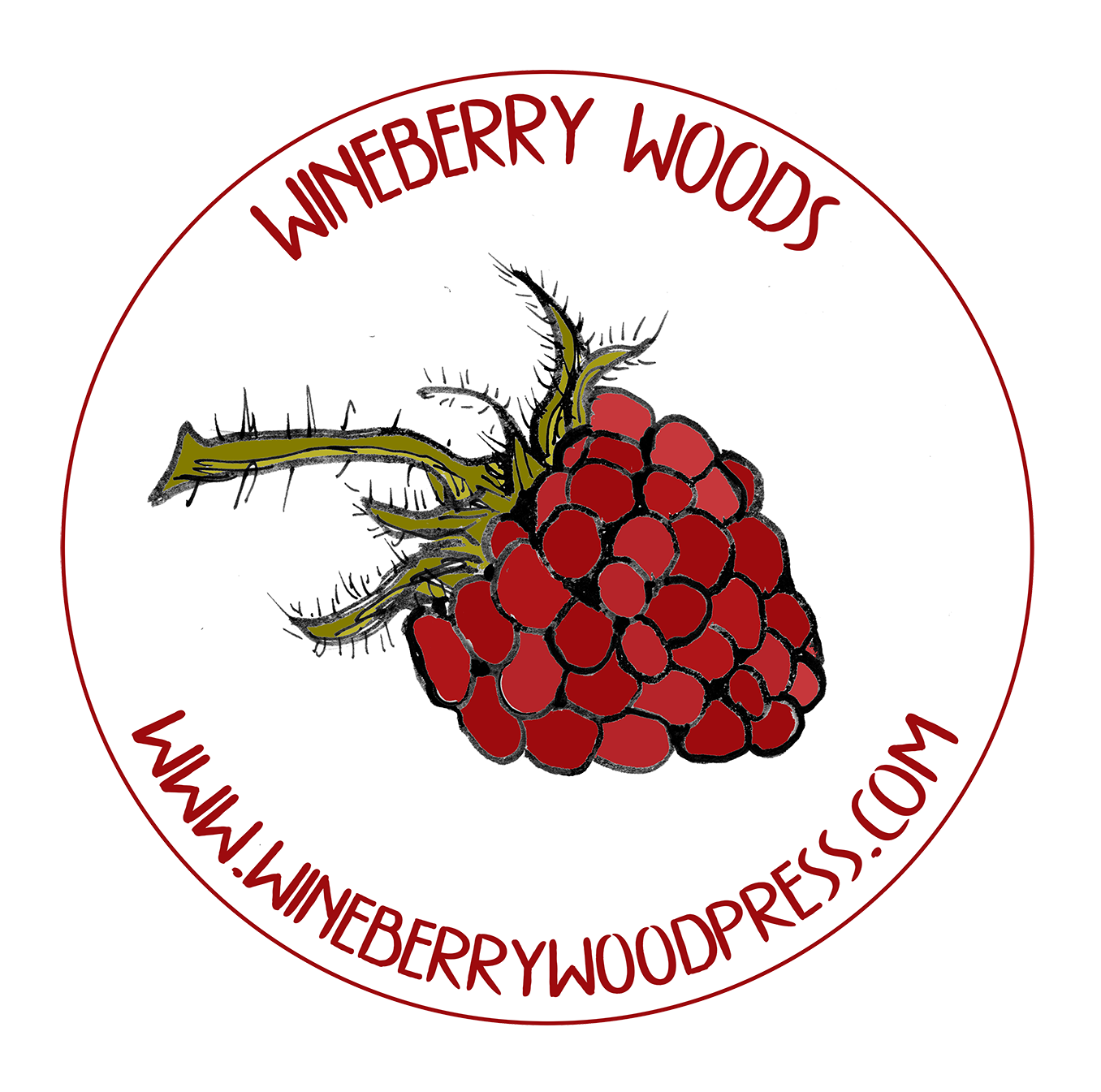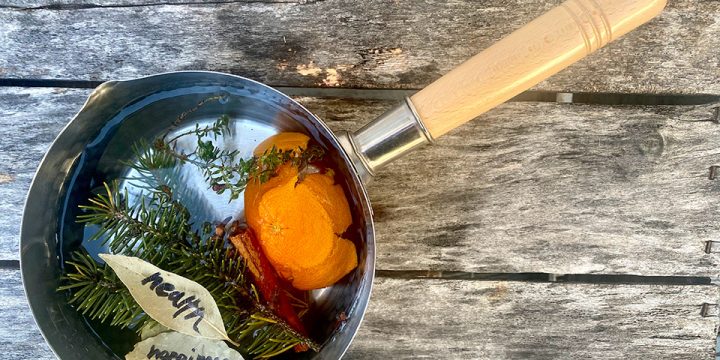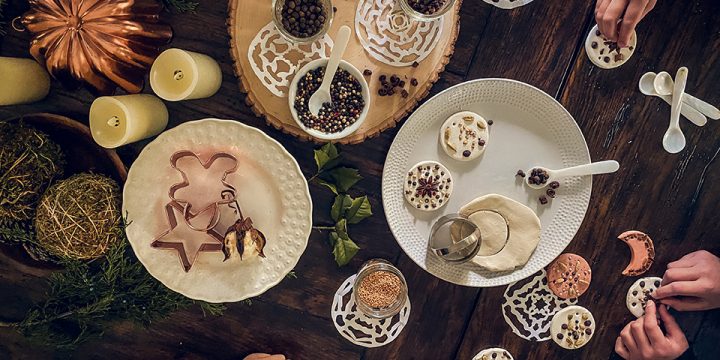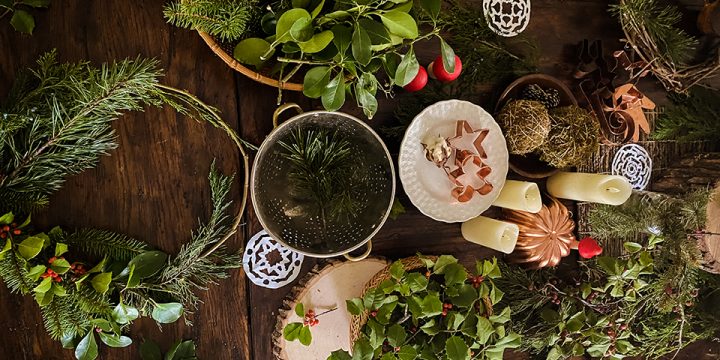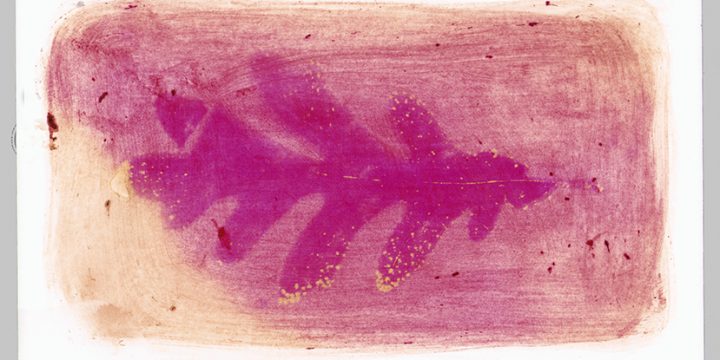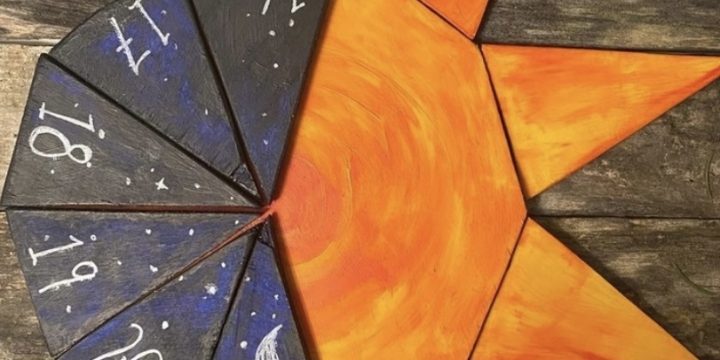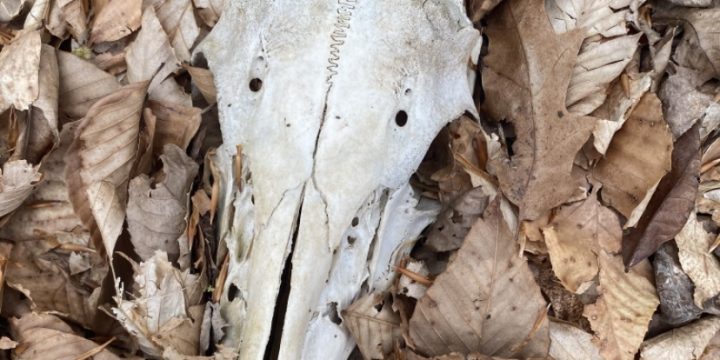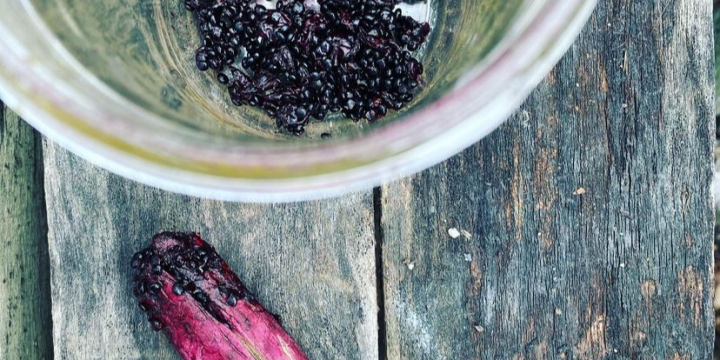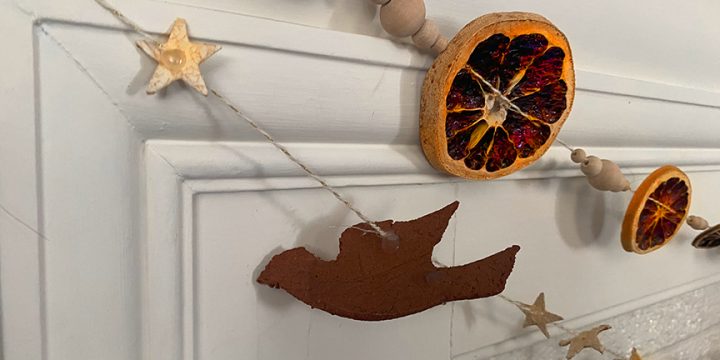
Cinnamon Birds
These are a classic holiday craft-- I remember making them as a kid and I now make them with my kids. I love the birds strung on a garland and paired with dried orange slices, they look and smell amazing. They are also super easy to make with kids and are basically play dough until you dry them. Use cheap bulk cinnamon for these not the nice stiff you use in baking. This is a rare case of quantity over quality. When I made these as a kid I always added glue, and I do think it makes them a little sturdier, but they work fine without it and leaving it out makes them compostable which is nice. You can paint or decorate these but I never do because I…
